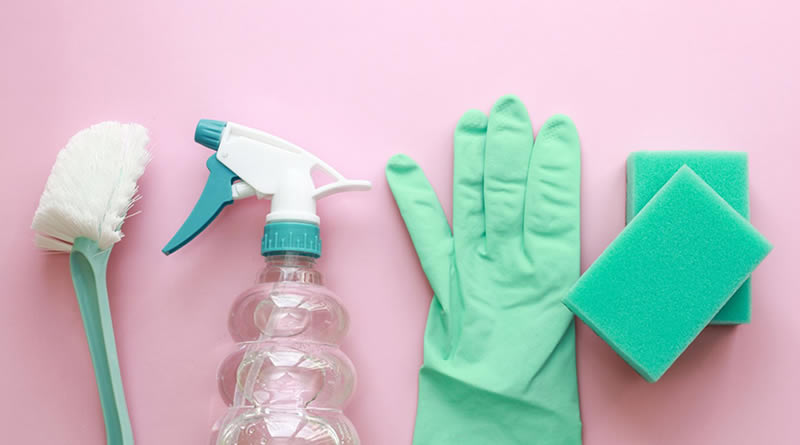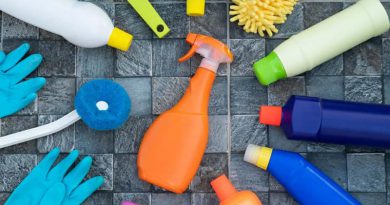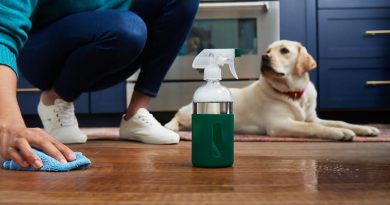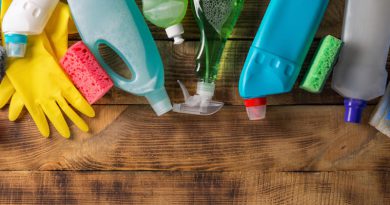What are the cleaning materials and how should they be chosen?
Cleaning is an essential task in our daily lives, and having the right cleaning supplies is crucial for effective and efficient results. With a myriad of options available in the market, it can be overwhelming to choose the right cleaning products for your needs. In this article, we will explore the different types of cleaning supplies and provide some tips on how to select the most suitable ones for your cleaning tasks.
The Basics of Cleaning Supplies
When it comes to cleaning supplies, they encompass a wide range of products designed to tackle various cleaning needs. These supplies can be categorized into several main types:
- All-purpose cleaners: These versatile cleaners are designed to tackle a variety of surfaces and can be used for general cleaning tasks.
- Disinfectants: Disinfectants are specifically formulated to kill germs, bacteria, and viruses. They are commonly used in areas that require high levels of hygiene, such as bathrooms and kitchens.
- Glass and window cleaners: These cleaners are formulated to remove dirt, streaks, and smudges from glass surfaces, leaving them crystal clear and shiny.
- Floor cleaners: Designed to clean and maintain different types of flooring, including hardwood, laminate, tile, and vinyl, floor cleaners effectively remove dirt, stains, and grime.
- Bathroom cleaners: Formulated to tackle soap scum, mildew, and hard water stains, bathroom cleaners are specifically designed for cleaning showers, bathtubs, toilets, and sinks.
- Kitchen cleaners: These cleaners are tailored for cleaning kitchen surfaces, including countertops, appliances, and cabinets, effectively removing grease, food stains, and grime.
Tips for Selecting Cleaning Supplies
Choosing the right cleaning supplies can make a significant difference in the cleaning process. Here are some tips to consider when selecting cleaning supplies:
- Identify your cleaning needs: Determine the specific surfaces and areas you need to clean. Different surfaces may require different cleaning products, so understanding your cleaning needs is essential.
- Read product labels: Take the time to read the labels on cleaning supplies. Look for information on the intended use, specific instructions for application, and any safety precautions.
- Consider surface compatibility: Ensure that the cleaning supplies you choose are compatible with the surfaces you plan to clean. Using the wrong product on a delicate surface can cause damage.
- Assess safety and environmental factors: If you have specific concerns about the safety of certain chemicals or their impact on the environment, opt for eco-friendly or natural cleaning products. These products are often labeled as “green” or “environmentally friendly.”
- Evaluate efficiency and effectiveness: Look for cleaning supplies that offer efficient and effective results. Pay attention to customer reviews and recommendations to get an idea of their performance.
- Budget considerations: Cleaning supplies vary in price range. Consider your budget and choose products that offer good value for money without compromising quality.
Remember that using the right cleaning tools, such as microfiber cloths, sponges, and brushes, in conjunction with the appropriate cleaning supplies can enhance your cleaning efforts and deliver better results.
In conclusion, understanding the different types of cleaning supplies and knowing how to select the most suitable ones for your cleaning tasks is essential for effective and efficient cleaning. By identifying your specific needs, reading product labels, considering surface compatibility, assessing safety and environmental factors, evaluating efficiency, and considering your budget, you can make informed decisions when purchasing cleaning supplies. With the right cleaning supplies in hand, you can tackle your cleaning tasks with confidence and achieve a cleaner and healthier living environment.




